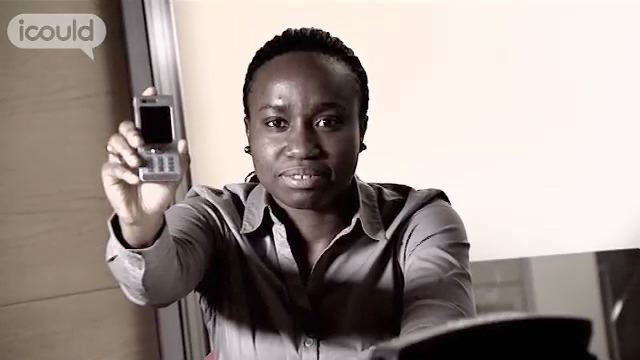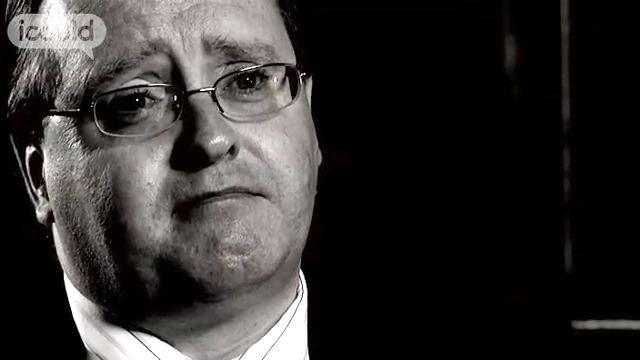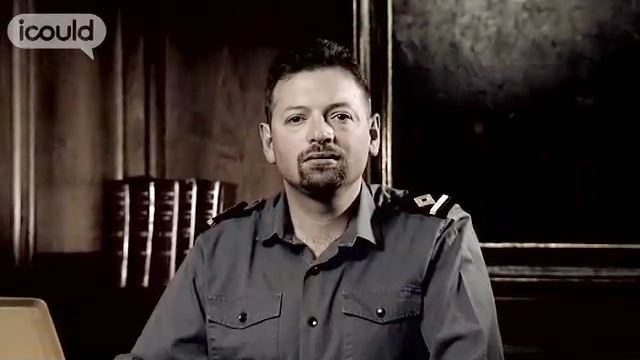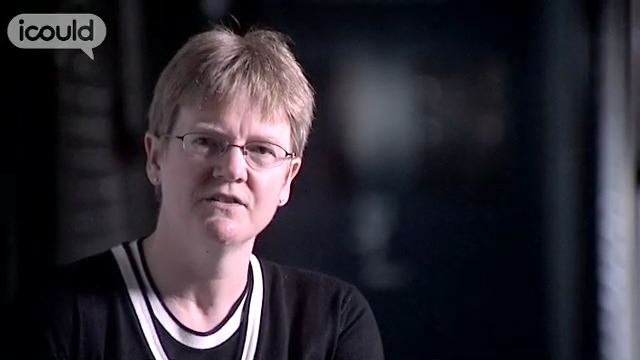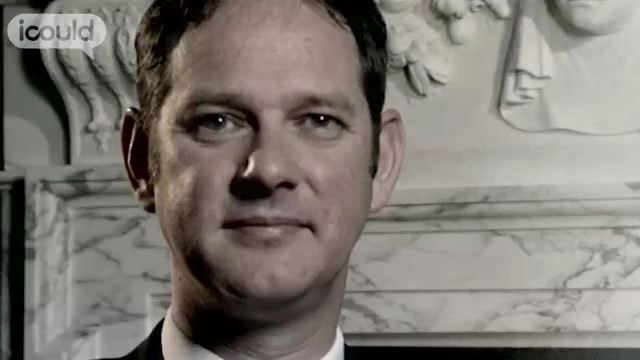Explore: Engineering
Systems Engineering Manager
Boeing Defence UK
info Issues viewing the video?
icould and Inspiring the Future
Sham, Systems Engineering Manager
Boeing Defence UK
| Time Code | Audio |
| 00:00:07 | Hi, my name’s Sham. I’m one of the Engineering Managers at Boeing. So Boeing is one of the largest defence and aerospace companies in the world. We produce a whole load of different things, like commercial jets and aeroplanes, for example and lots of different products for defence, space and security as well. |
| 00:00:28 | We sell these on to the UK military, for example and lots of defence customers and commercial customers across the world. |
| 00:00:36 | I’m responsible for a team of engineers and we design and develop different parts and changes to aircraft, like for example, aeroplanes, helicopters and drones and we also design and develop lots of interesting technologies for things like IT systems, which we then deliver to the UK military. |
| SKILLS | |
| 00:01:00 | So in my role teamwork’s really important because we work with lots of different people around the world and in different teams as well, who don’t necessarily think the same way, so communication’s really key as well because you have to get along with them and see things from their perspective in order to do the work. |
| 00:01:19 | I also think problem solving skills are really quite key and we get problems every day, like nothing ever goes perfectly to plan and I think you really need to be able to step back and see the bigger picture, in order to solve the problem. |
| EDUCATION | |
| 00:01:35 | At school I really liked a whole load of different subjects and it was quite difficult for me to choose what I really wanted to do but I was really drawn to, you know Maths, I quite liked that but I also liked applying it to things so I chose Physics and Chemistry as well and Biology and I also like languages, so I chose to take French as well in addition to things like Geography, for example. |
| 00:02:01 | When I got to A Levels I had to decide, you know, narrow down what it was that I wanted to do a bit more and so I kind of that point knew that I maybe wanted to be an engineer, so I actually close to do Maths, Further Maths, Chemistry and Physics and then after that I went on to Cambridge University and I got a degree in engineering. |
| ADVICE | |
| 00:02:24 | Look out for some work experience, so at Boeing we do run work experience. It’s a really good way to get a feel for what it’s like to really work in a company and if you are already at university, I would say look out for internships. I mean we do 3 month internships or 12 month internships and that’s really great for experience as well. |
| 00:02:45 | END OF TRANSCRIPTION |
“Nothing ever goes perfectly to plan and I think you really need to be able to step back and see the bigger picture, in order to solve the problem.” Sham helps design and develop different parts and changes to aeroplanes, helicopters, and drones for the UK military.
More information about Electronics engineers
Data powered by LMI For All
£44,720
average salary
The UK average salary is £29,813
43
average weekly hoursThere are 37.5 hours in the average working week
87%
male
13%
female
The UK workforce is 47% female and 53% male
Future employment
Future employment
Description
Electronics engineers undertake research and design, direct construction and manage the operation and maintenance of electronic motors, communications systems, microwave systems, and other electronic equipment.
Qualifications
Electronics engineers usually possess an accredited university degree or equivalent qualification. After qualifying, periods of appropriate training and experience are required before membership of a chartered engineering institution is attainable. Incorporated engineers possess an accredited university degree, BTEC/SQA award or an apprenticeship. All routes are followed by periods of appropriate training and relevant experience.
Tasks
- Undertakes research and advises on all aspects of telecoms equipment, radar, telemetry and remote-control systems, data processing equipment, microwaves and other electronic equipment
- Conceives and develops engineering designs from product ideas in electronics engineering
- Determines and specifies appropriate production and/or installation methods and quality and safety standards
- Organises and establishes control systems to monitor performance and evaluate designs
- Tests, diagnoses faults and undertakes repair of electronic equipment
Employment by region
Top 10 industries for this job
Computers, etc
5504
Telecommunications
4062
Architectural & related
3853
Retail trade
3359
Coke & refining; Chemicals,etc
2552
Construction
2081
Head offices, etc
1935
Electrical equipment
1916
Machinery, etc
1715
Arts & entertainment
1529
Employment status
Related career stories
⇦
⇨
